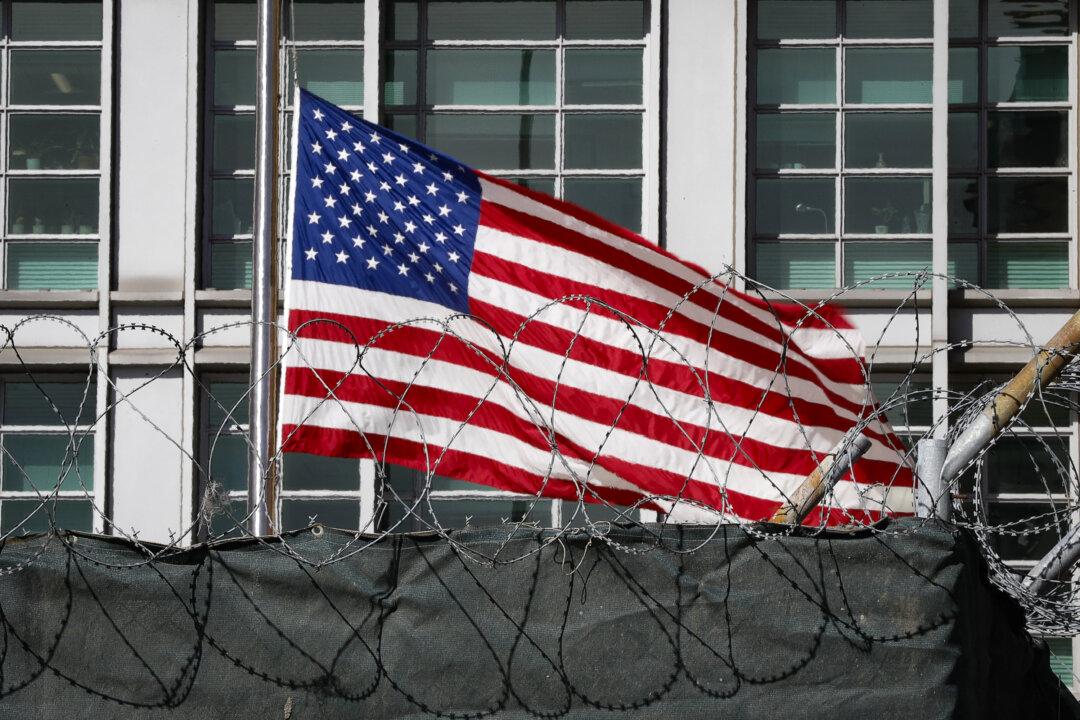The U.S. Embassy in Russia issued a warning that an “imminent” terrorist attack would occur in Moscow, hours after Russian officials said they prevented a terror plot at a synagogue in the city.
“The Embassy is monitoring reports that extremists have imminent plans to target large gatherings in Moscow, to include concerts, and U.S. citizens should be advised to avoid large gatherings over the next 48 hours,” the U.S. Embassy warned on its website on March 8.





